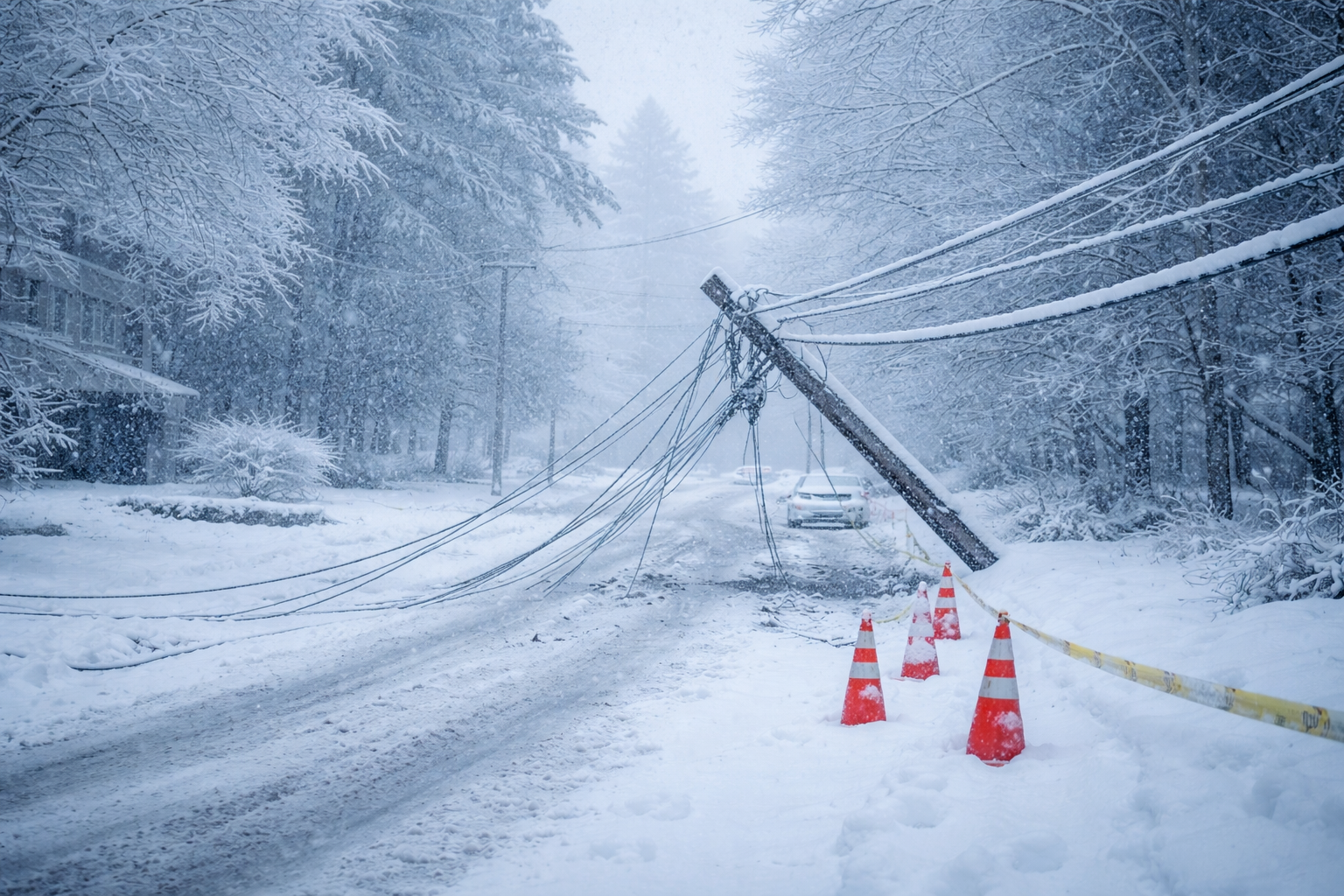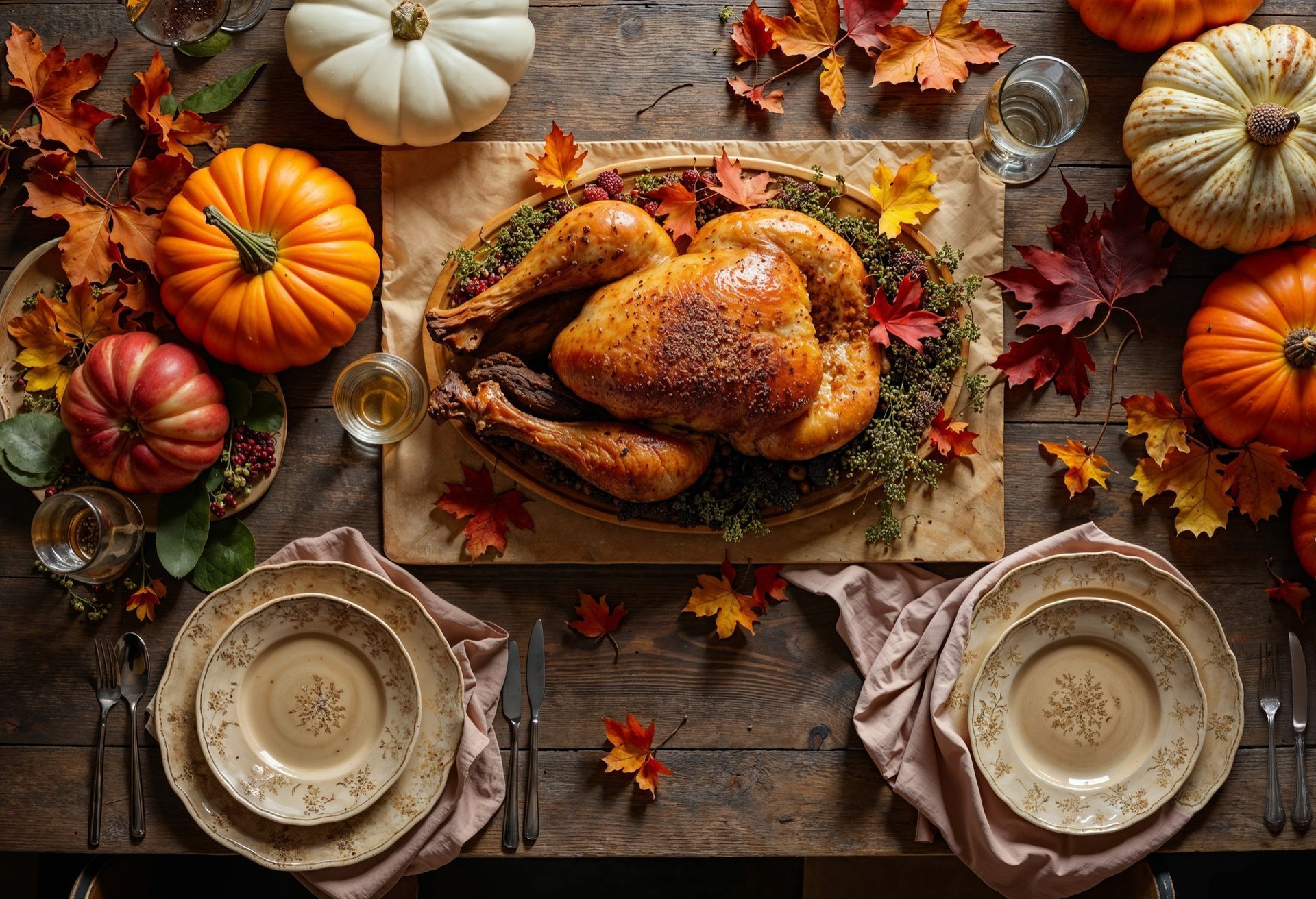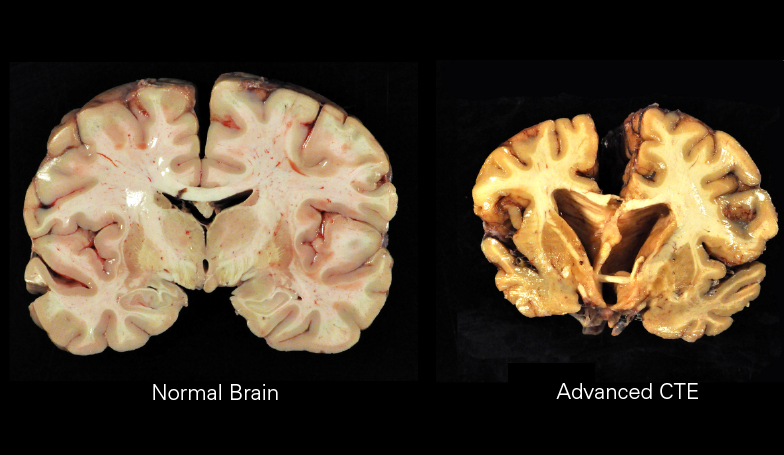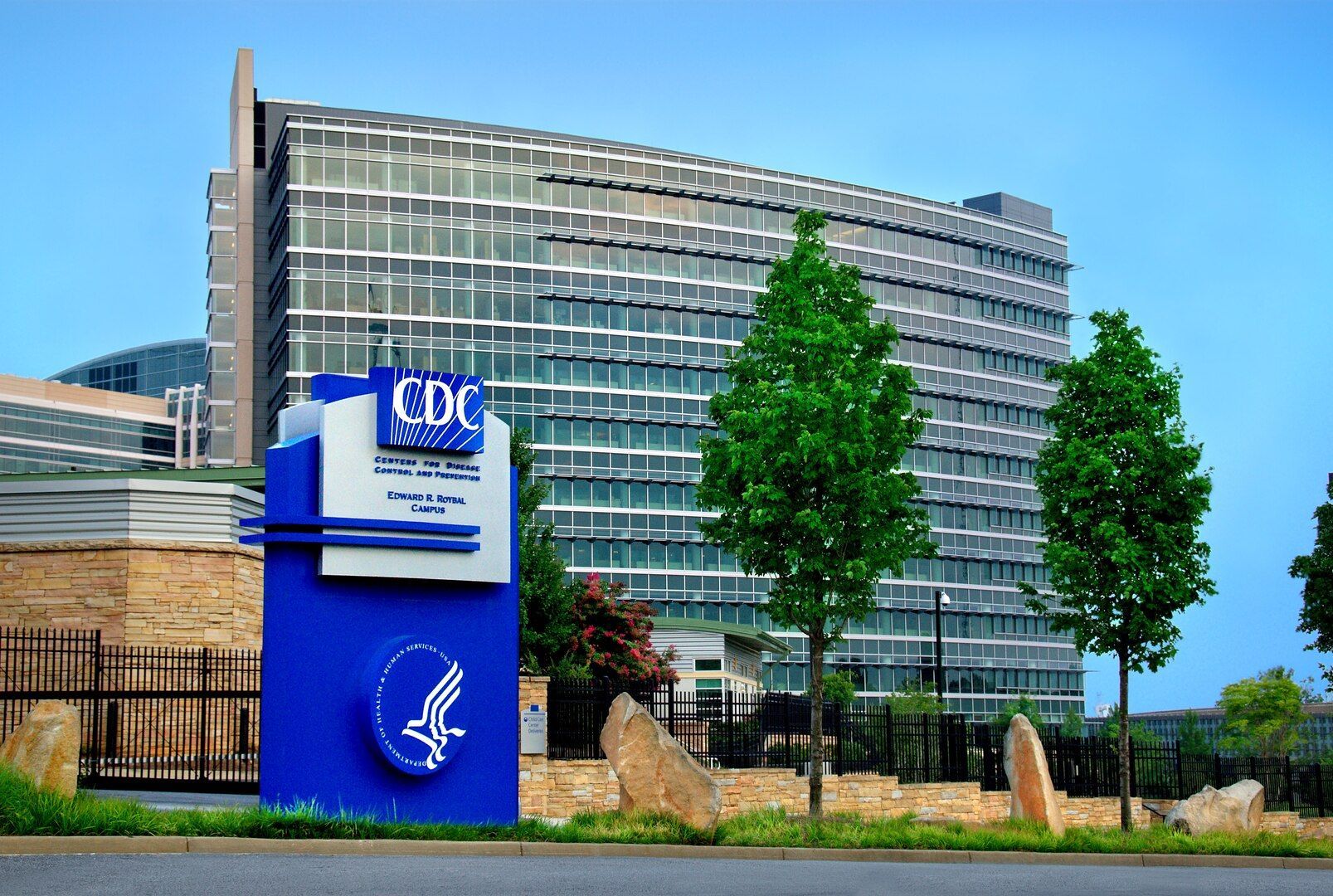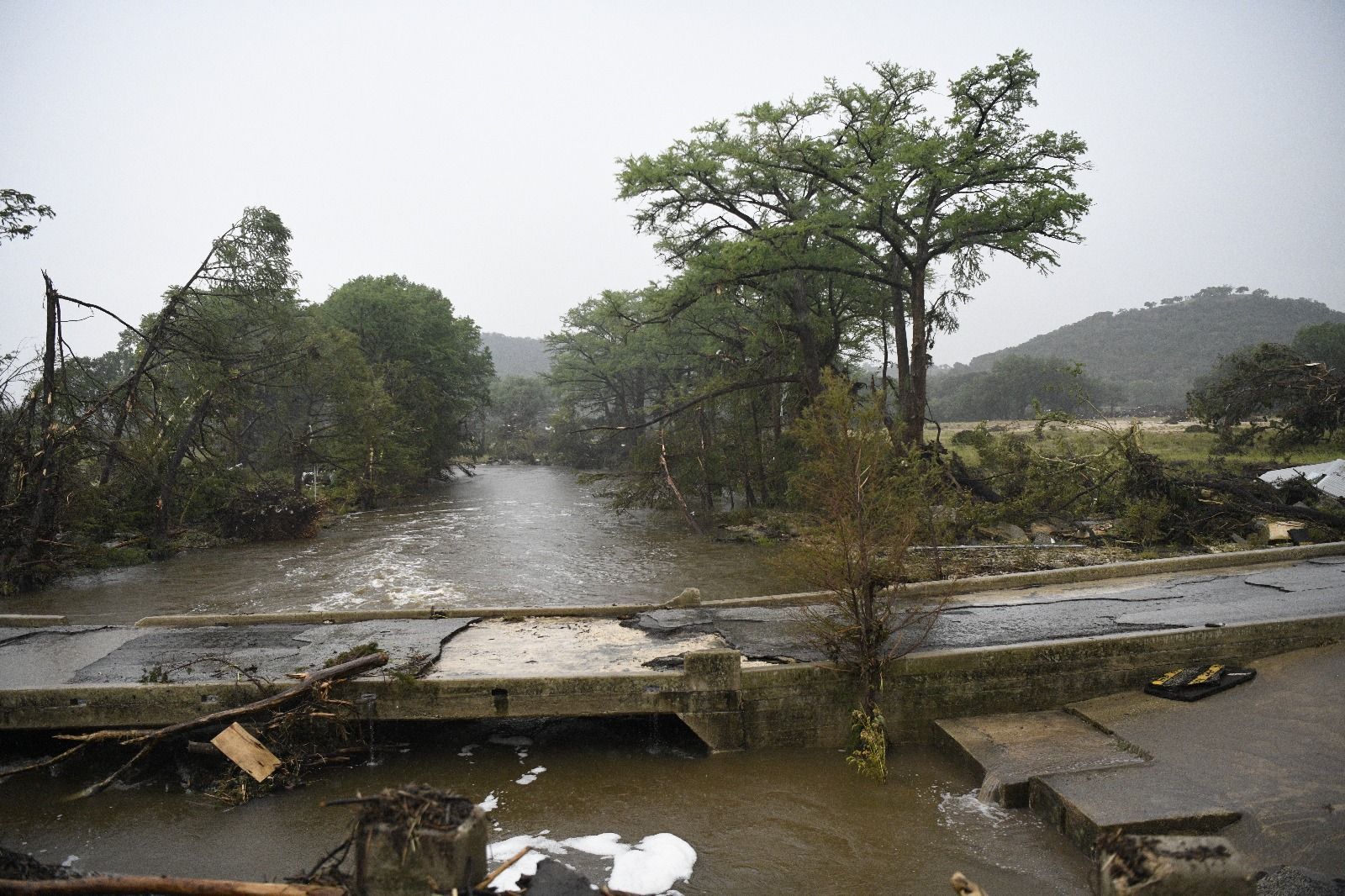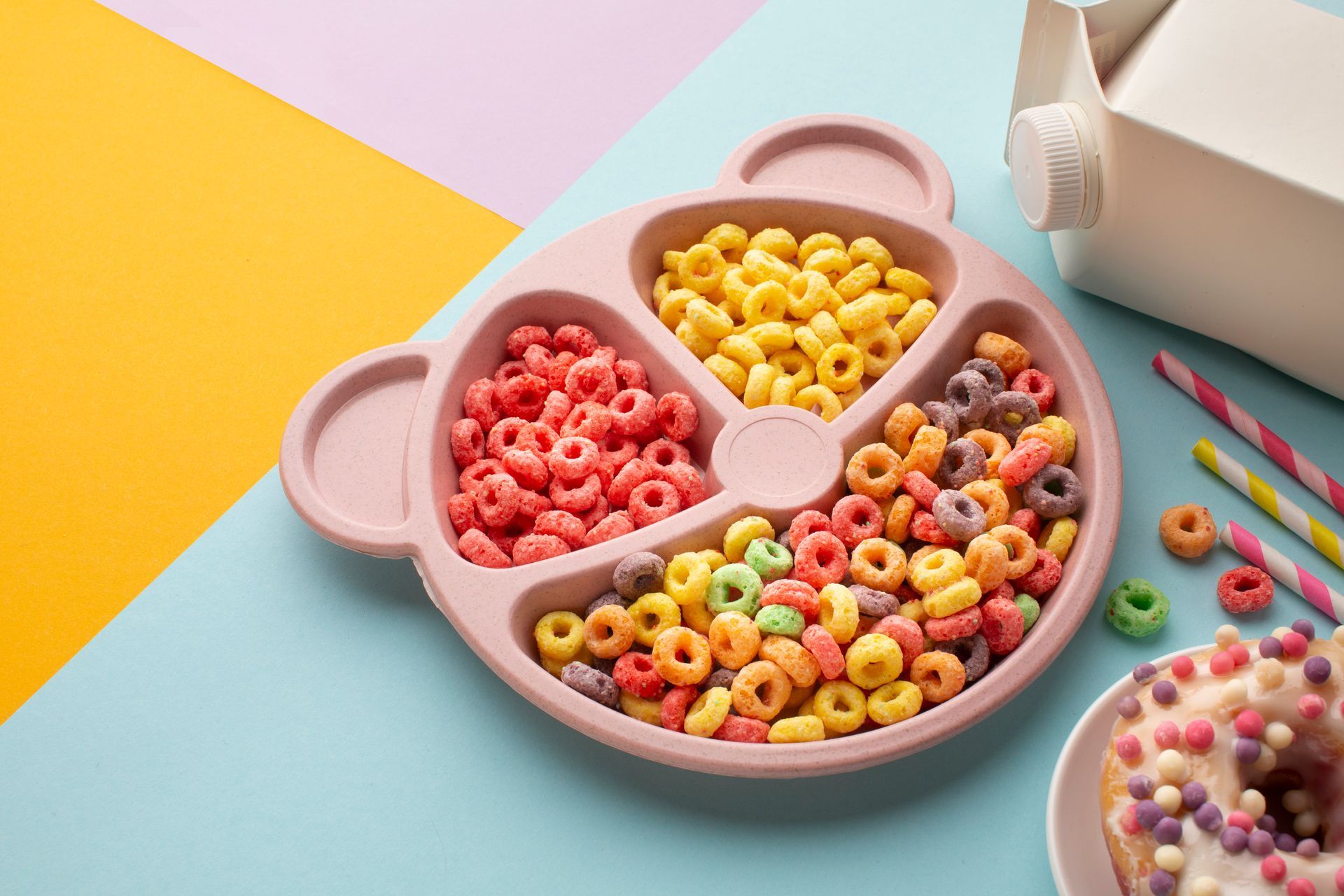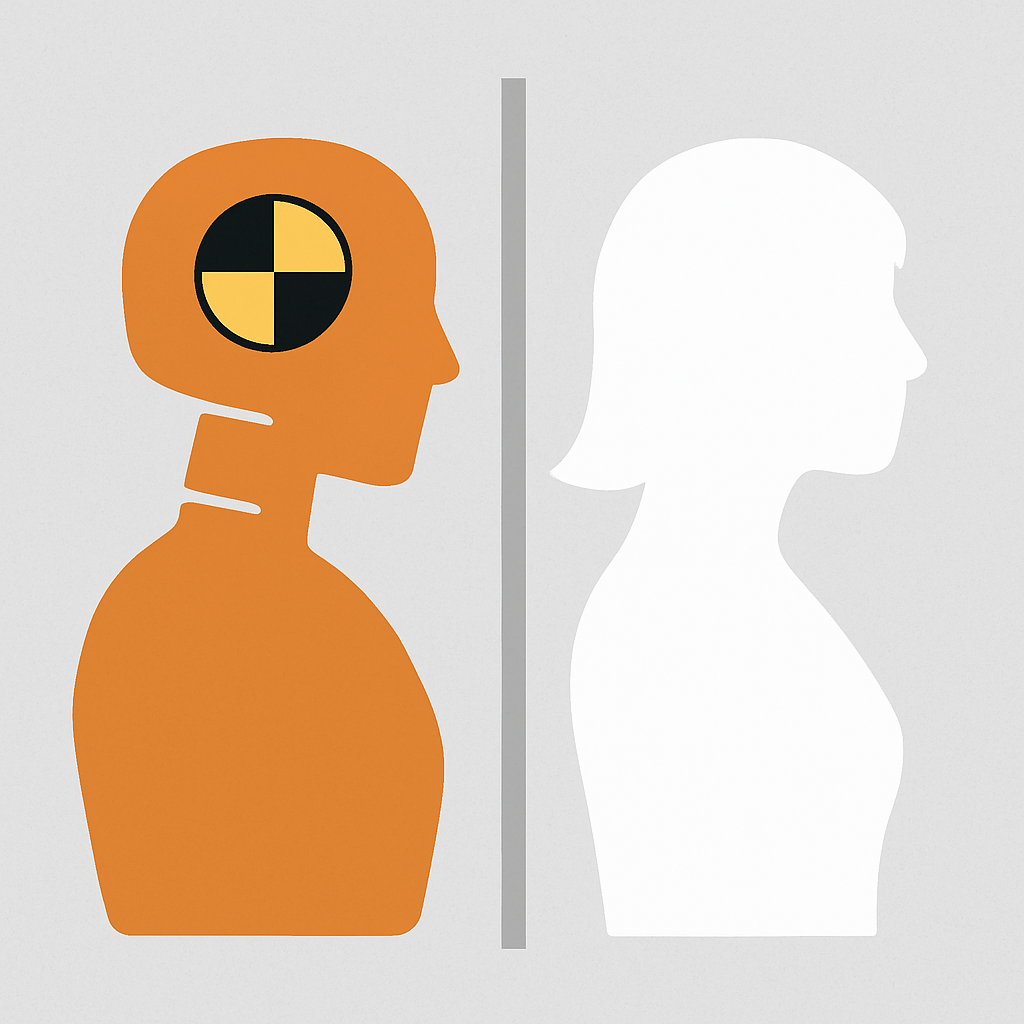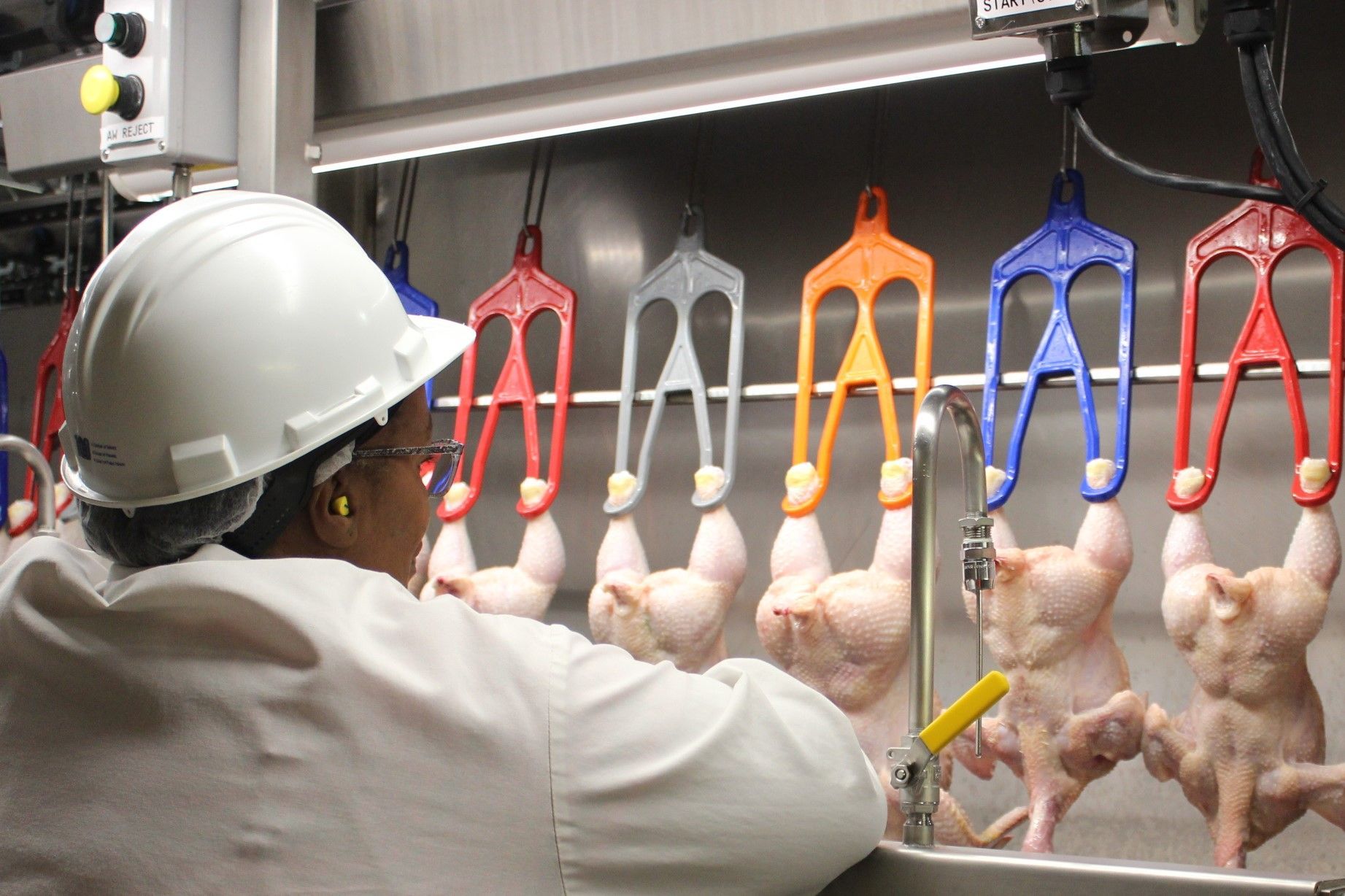WARNING: WILL TRUMP'S SURGEON GENERAL SUPPORT IMPROVED ALCOHOL WARNING LABELS?
Biden Administration former Surgeon General, Vivek Murthy, on his way out of office, issued a Surgeon General's Advisory calling for new warnings on alcoholic beverages related to the cancer risk from consuming alcoholic beverages. Given that most individuals are unaware of the connection that consumption of alcoholic beverages can increase the risk for at least seven types of cancer, Murthy said in his advisory: "Given the conclusive evidence on the cancer risk from alcohol consumption and the Office of the Surgeon General's responsibility to inform the American public of the best available scientific evidence, the Surgeon General recommends an update to the Surgeon General's warning label for alcohol-containing beverages to include a cancer risk warning."
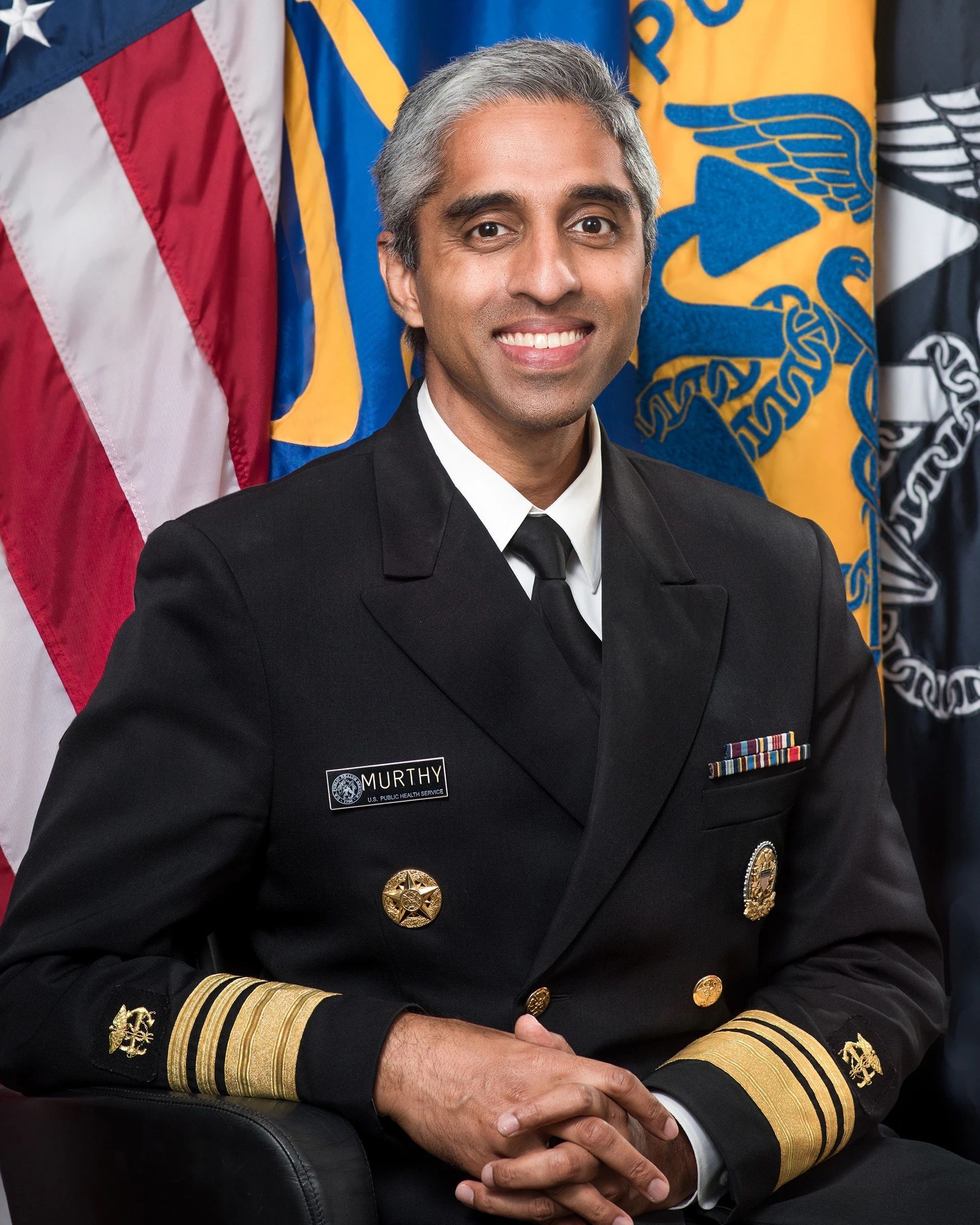
Vivek Murthy
There are about 100,000 alcohol-related cancer cases and about 20,000 alcohol-related cancer deaths annually, and according to Murthy, cancer risk increases as alcohol consumption increases. Consuming alcohol raises the risk of developing at least seven types of cancer diseases, including liver, breast, throat, and colon cancer, according to several research studies. The current warning label printed on bottles and cans of alcoholic beverages warns about the dangers of drinking while pregnant or before driving and operating other machinery. This language has not been updated since its inception in 1988.
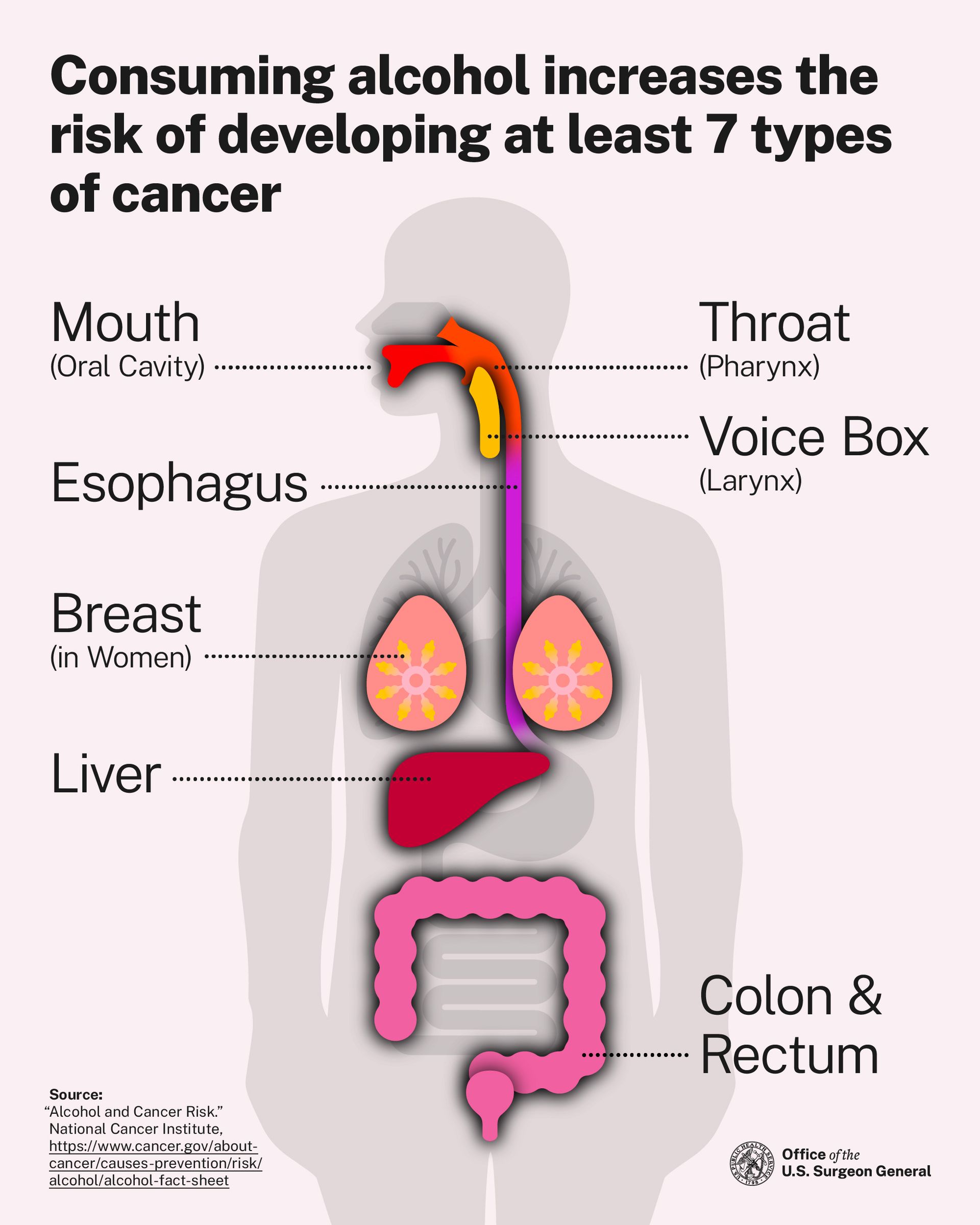
So, now the question is: Will Trump's nominee for Surgeon General, former Fox News commentator Dr. Janet Nesheiwat, who must be confirmed by the Senate, go along with Murthy's advisory, which must be approved by Congress before the label can be changed?

Dr. Janette Nesheiwat
Despite the fact that neither Donald Trump nor his pick to head HHS, Robert F. Kennedy, Jr., drinks alcohol and both have been outspoken about the dangers of alcohol (Trump's brother died from the effects of alcohol), neither one has embraced Murthy's proposed warning label. Further, Republicans, who control both the House and the Senate, have in the past resisted many new regulations. In fact, Trump campaigned on unleashing the power of industry by cutting as many regulations as possible. He even appointed the world's richest man, Elon Musk, to head up an advisory panel called DOGE (Department of Government Efficiency) to assist him in cutting regulations. And it doesn't hurt to have a strong alcohol lobby, which contributes $30 million/year, equally divided between Democrats and Republicans. In fact, the lobby gave about 1/3 of their money last year to support Kamala Harris' presidential campaign. Further, there are many top liquor companies in conservative states dominated by Republicans, including Kentucky (home of Jim Beam and many other popular bourbon labels), Tennessee (home of Jack Daniel's whiskey), and Texas (home to several popular brands of tequila and Tito's Vodka). In fact, Texas passed a law in 2021 expanding alcohol sales, which prompted its Republican Governor, Greg Abbott, to exclaim, "Stay thirsty, my friends!"—hardly an endorsement for a cancer warning label to be placed on its Texas-brewed alcoholic beverages.
There is precedent for such a warning label as proposed by Murthy. Ireland recently became the first country in the European Union and the second country worldwide, after South Korea, to better regulate alcoholic beverages by adding cancer warnings and health information to alcohol products. Surveys conducted by the World Health Organization have shown that 51% of people don't know that alcohol is associated with an increased risk of cancer. And, if done right, there are studies that show that an effective warning label on alcoholic beverages could indeed have a positive impact on intended behavior. One recent study found that when young men looked at alcohol warning labels that were larger and included a picture of a young man with a bloody face, they experienced lower activation of the reward circuits in their brains, and the warning labels "significantly reduced their reported desire to drink." Another study conducted in the Yukon in Canada found that adding labels to alcohol that included information on cancer risks not only reduced alcohol sales, but also found that people who bought alcohol with the new warning labels better remembered information about national drinking guidelines and cancer risks. These labels were colorful and well-designed and reduced consumption in the area where the labels were introduced by 6.3% compared with control areas that had no such labels.
While this research should encourage policymakers to at least consider Murthy's recommendation, I doubt that the Trump Administration will move forward on this label. While Donald Trump, as I pointed out above, has been an outspoken opponent of alcoholic beverages and is a teetotaler himself, his family is in the hospitality business, and all of their hotels and golf courses serve millions of alcoholic beverages. Additionally, the family owns a 1,300-acre winery near Charlottesville, Virginia.
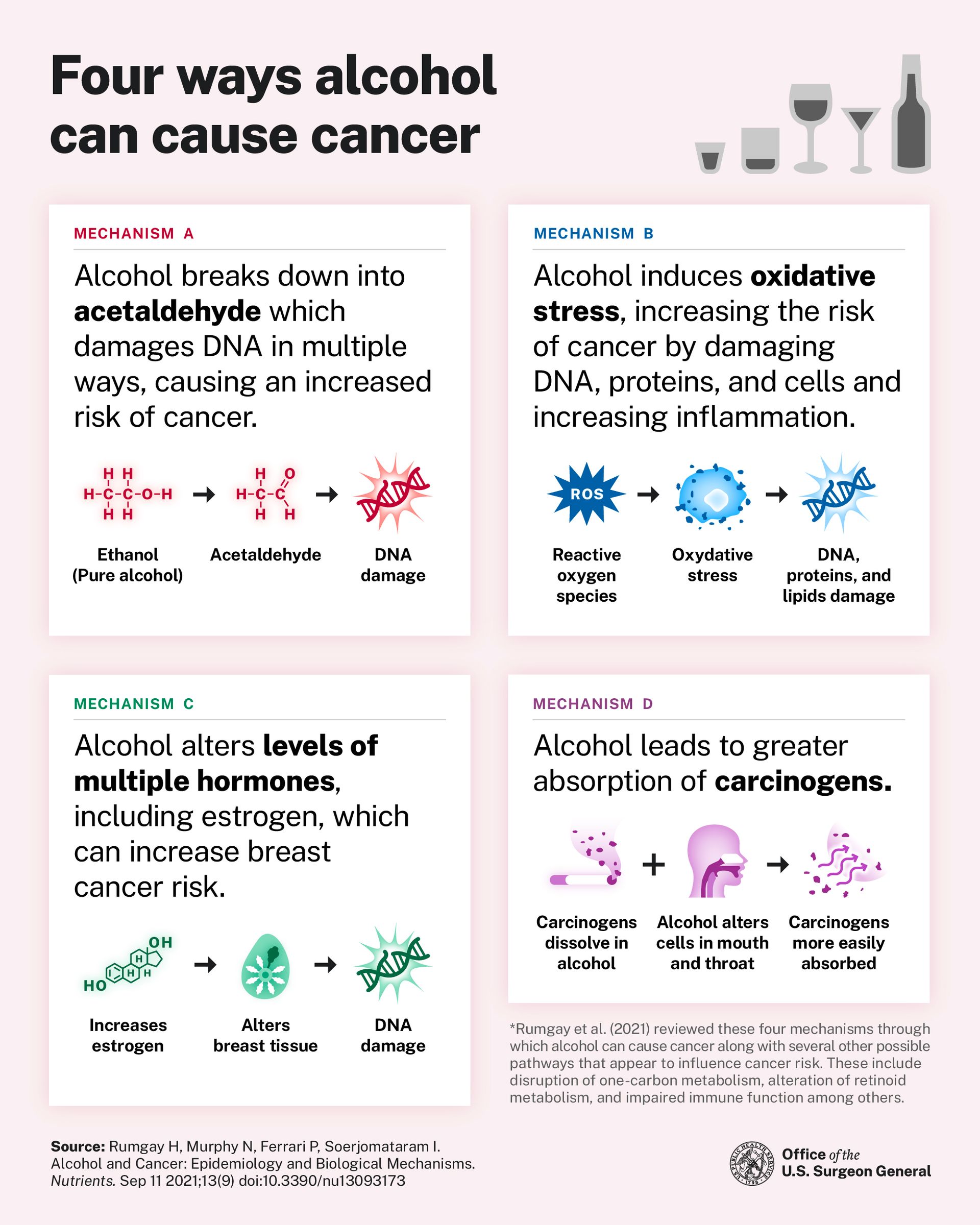
Source: Rumgay H, Murphy N, Ferrari P, Soerjomataram I. Alcohol and Cancer: Epidemiology and Biological Mechanisms. Nutrients. Sep 11 2021;13(9) doi:10.3390/nu13093173
As your Warnings Doctor, my recommendation is that you don't wait for either the Trump Administration or the current Congress to endorse an expanded alcohol warning label that addresses the risk of cancer. I suggest that you each consider the available research that Murthy cited and make your own informed choices to reduce the risk of cancer for you and your loved ones.
